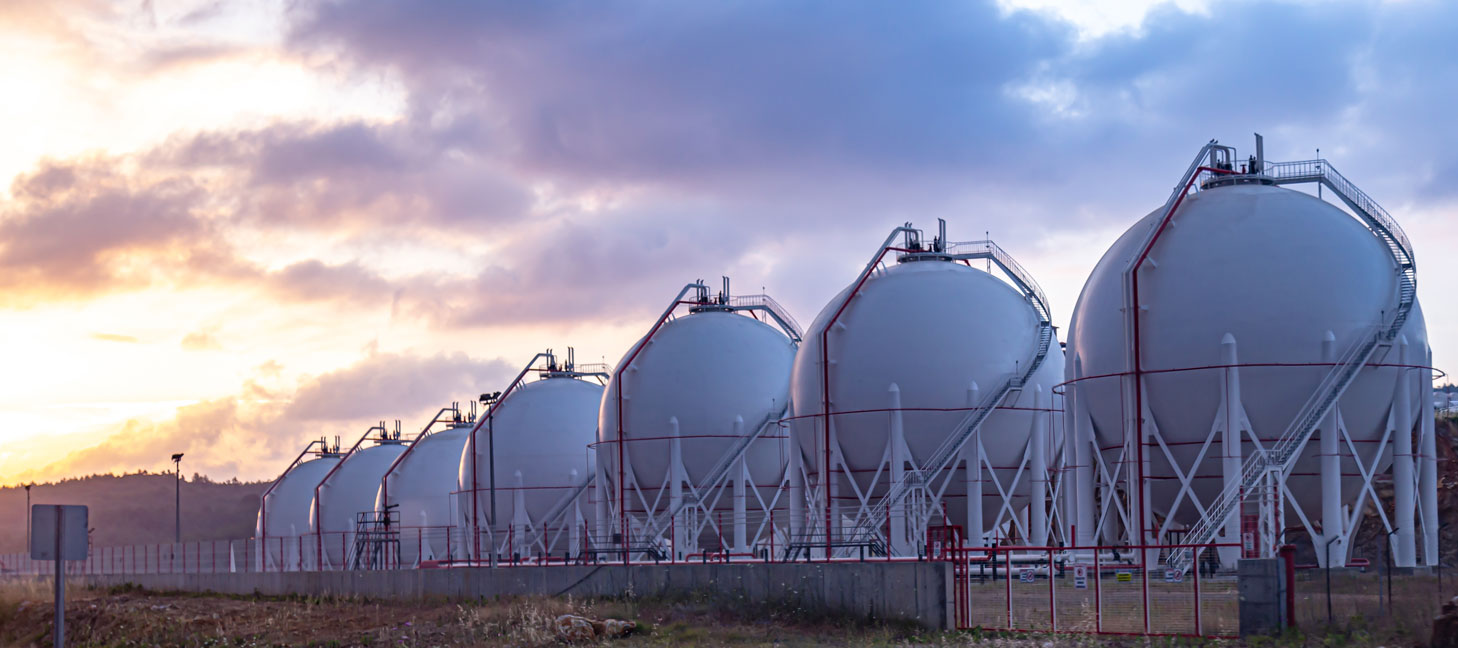Le ultime opinioni, ricerche e approfondimenti sugli investimenti degli esperti della nostra piattaforma.

© Generali Investments, tutti i diritti riservati. Questo sito web è fornito da Generali Investments Holding S.p.A. in qualità di holding delle principali società di gestione del risparmio del Gruppo Generali che detengono, direttamente o indirettamente, la maggioranza delle partecipazioni nelle società sotto elencate (di seguito, congiuntamente, "Generali Investments"). Questo sito web può contenere informazioni relative all'attività delle seguenti società: Generali Asset Management S.p.A. Società di gestione del risparmio, Infranity, Sycomore Asset Management, Aperture Investors LLC (inclusa Aperture Investors UK Ltd), Plenisfer Investments S.p.A. Società di gestione del risparmio, Lumyna Investments Limited, Sosteneo S. p.A. Società di gestione del risparmio, Generali Real Estate S.p.A. Società di gestione del risparmio, Conning* e tra le sue controllate Global Evolution Asset Management A/S - incluse Global Evolution USA, LLC e Global Evolution Fund Management Singapore Pte. Ltd - Octagon Credit Investors, LLC, Pearlmark Real Estate, LLC e Generali Investments CEE. *Comprende Conning, Inc., Conning Asset Management Limited, Conning Asia Pacific Limited, Conning Investment Products, Inc. e Goodwin Capital Advisers, Inc. (collettivamente, "Conning").